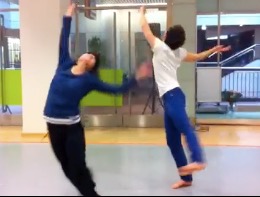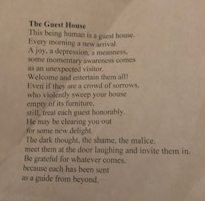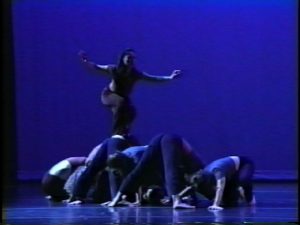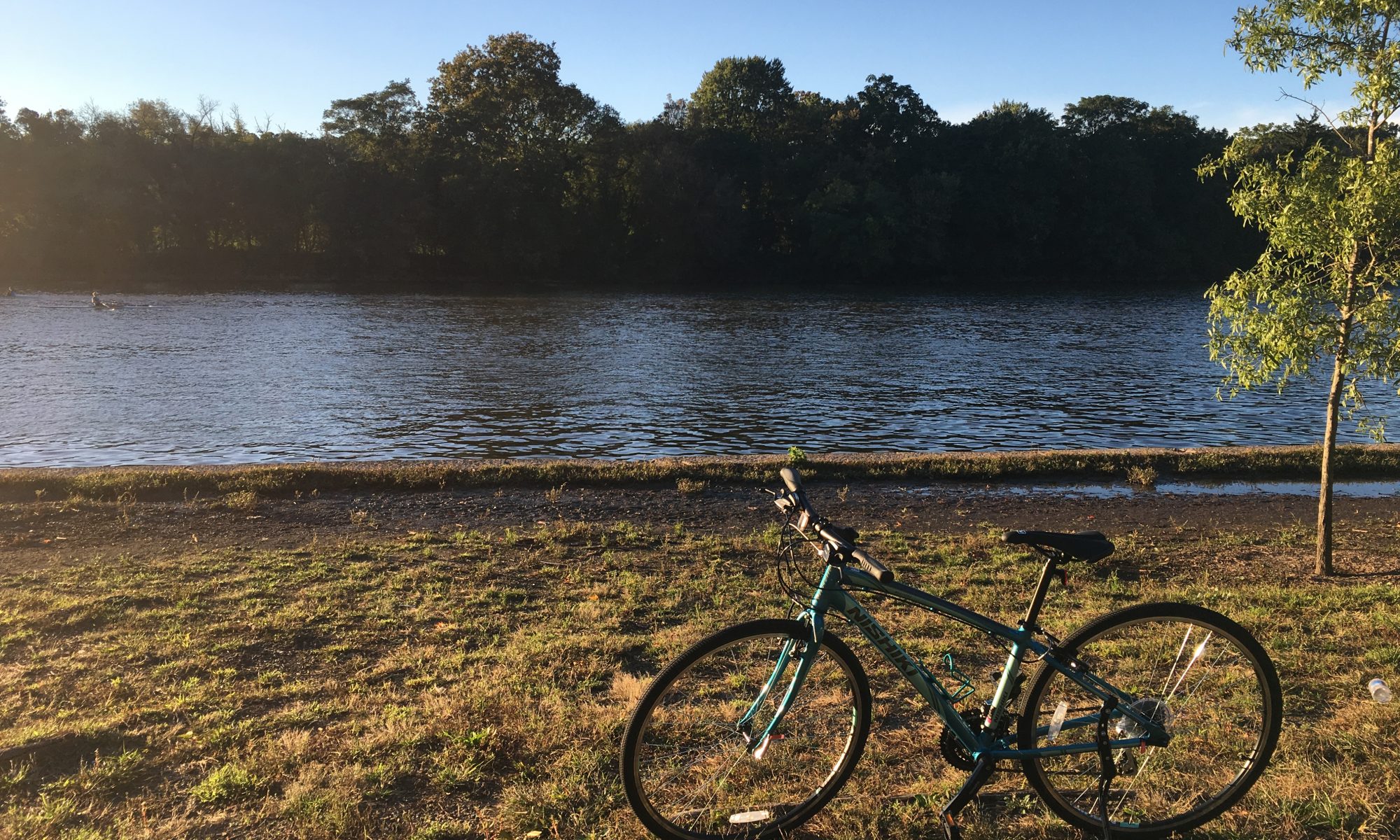
Sunday mornings are special thanks to host Krista Tippett’s ON BEING podcast. I love how each week we are introduced to thinkers and research that challenges, inspires, and re-frames what I think I know and believe about our individual and shared experience.
Here’s a really remarkable interview with neuroscientist Richard Davidson, who is “one of the central people who’s helped us begin to see inside our brains and inside the rich interplay between things we saw as separate not that long ago: body, mind, spirit, emotion, behavior, genetics.” Of special note is his work on the role of love and compassion in education and the classroom. Pulled a few quotes that moved me, but definitely check it our for yourself.
February 14, 2019 broadcast: https://onbeing.org/programs/richard-davidson-a-neuroscientist-on-love-and-learning-feb2019/#transcript
Richard Davidson: “…the brain does not honor the kind of anachronistic distinction between thought and feeling. Thought and feeling are absolutely intermingled in the brain, and so there are no areas of the brain that are exclusively dedicated to one and not the other. There’s a lot of interconnectivity…We know now that when we think about the really complex decisions in our lives — so, for example, if we think about whether we’re going to partner with a certain partner or get married to a certain partner — that’s the kind of decision that we cannot make based on a cold cognitive calculus. We consult our emotions for making that decision. And if our emotions were disrupted, it will really impair our capacity to make those kinds of decisions. So this has led to the insight that emotions actually play a really key role. They can be both facilitating of our behavior and cognitive activity, and they can also be a disrupter. It can go both ways. It’s not one way or the other, but they’re an intimate part of everything that we do.”
Richard Davidson: “Teachers change students’ brains. When teachers interact with students, they are changing the brains of their students — and not just functionally, but actually, structurally. This is not a radical statement, because we’re changing each other’s brains all the time.”
Richard Davidson: “In the research studies that have been done of simple mindfulness practices, a lot of these mindfulness practices involve paying attention to your body, to your breath. And when we’re really honest about it, these objects of focus are actually not that interesting…But if we can learn to pay attention to something that’s not that interesting, it can really help strengthen our attention. Our attention tends to be hijacked by salient stimuli in our environment. Our attention is stimulus-driven. It’s pulled; it’s grabbed. The invitation here is that we can actually be the rudder of our own mind, if you will, and steer it, direct it where we would like it to be directed by strengthening our capacity to voluntarily deploy our attention.”





